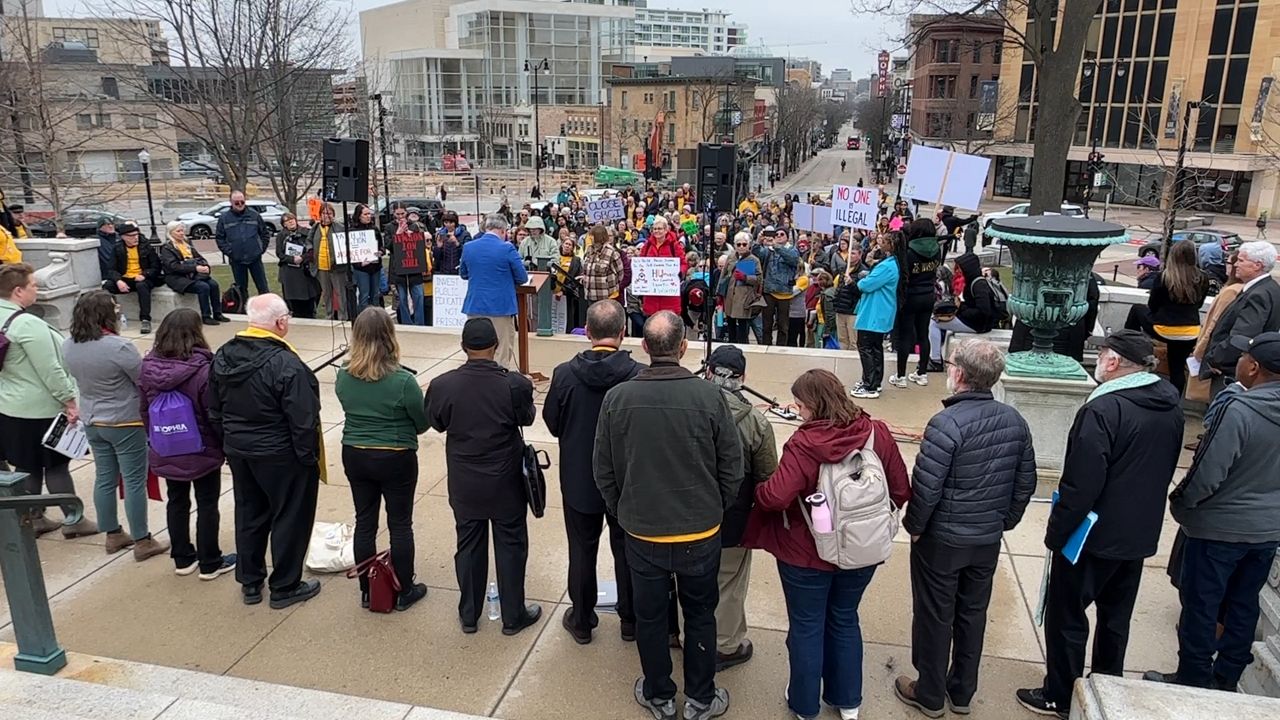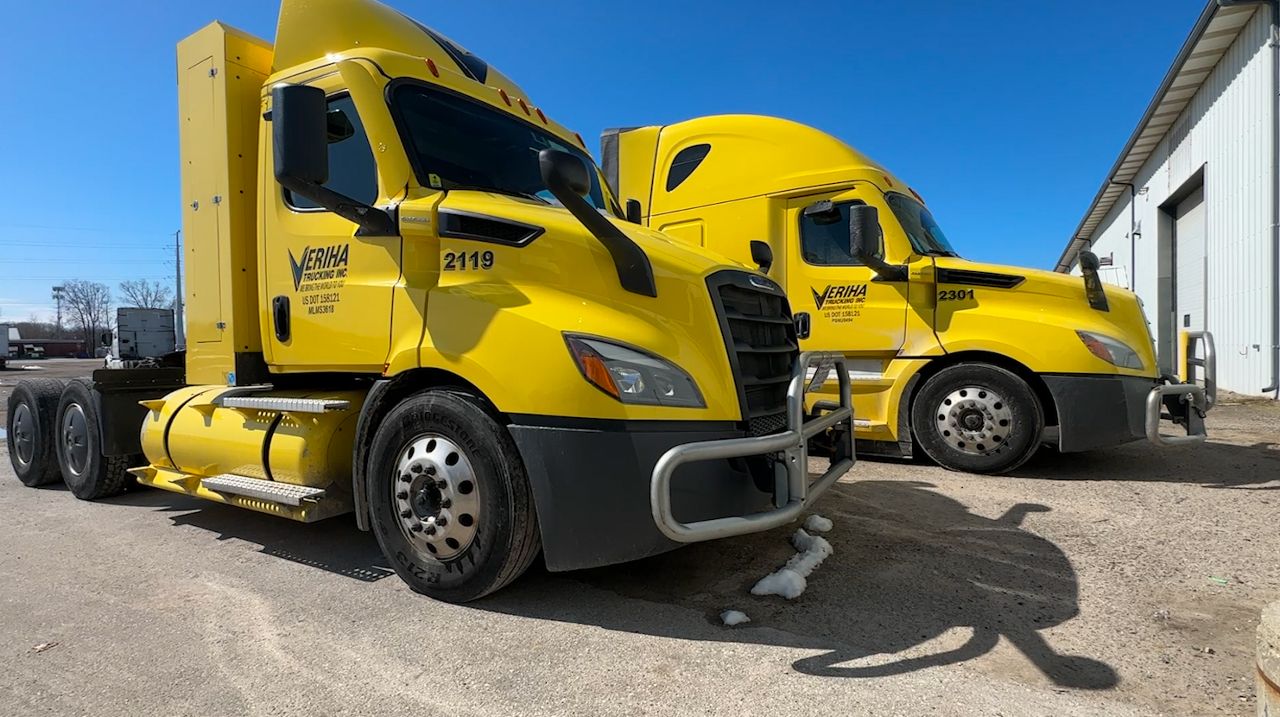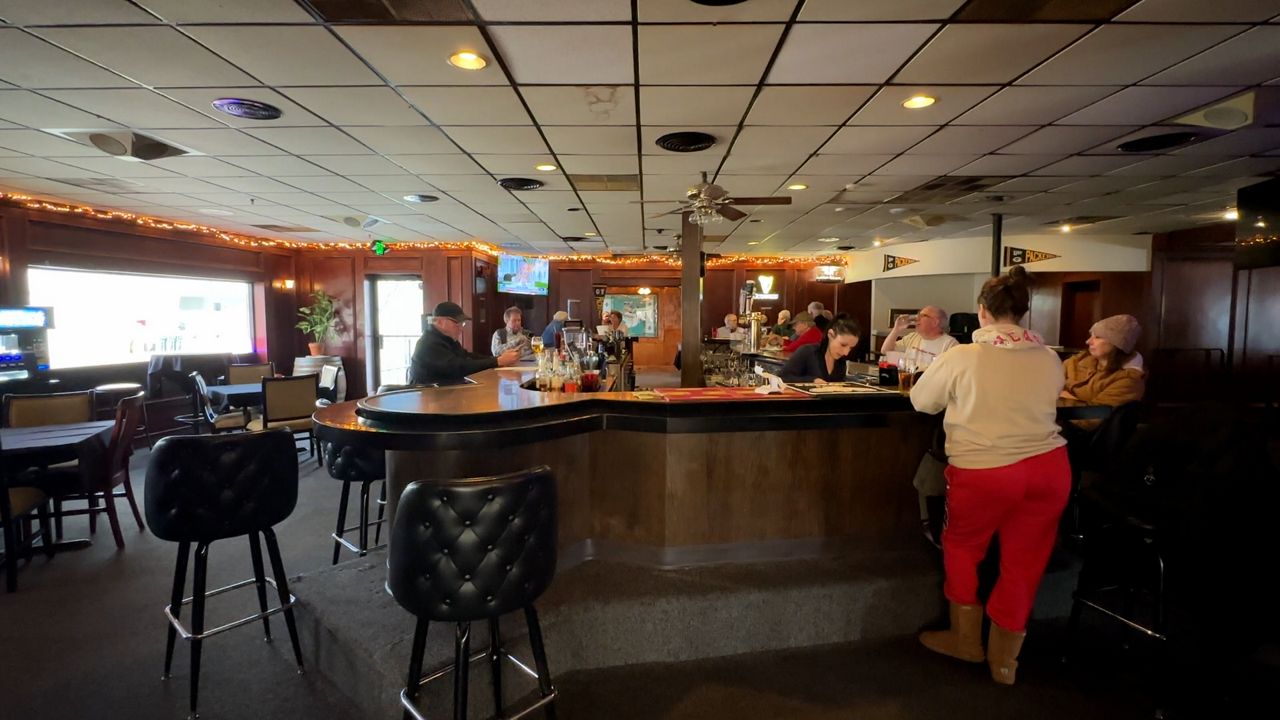OAK CREEK, Wis. — Cars, electronics and clothing are just a few of the many products that could see price increases following President Donald Trump’s sweeping tariffs, which were announced last Wednesday and took effect on Saturday.
Trump has said these tariffs aim to bring manufacturing, production and jobs back to the United States.
However, one industry depends heavily on a specific import from around the world.
According to the U.S. Department of Agriculture, the U.S. is the second-largest importer of coffee. More than 90% of coffee imports consist of Arabic coffee, which is used at Qahwah House in Oak Creek.
What You Need To Know
- Economists predict the price of almost everything, including coffee, will increase due to President Donald Trump's sweeping tariffs
- Trump issued a 10% baseline tariff on all imports from every country Wednesday, April 2
- Qahwah House in Oak Creek said prices will remain the same for now because the company has stockpiled its beans domestically
- It has also increased the number of U.S. suppliers for other products sold, which will offset the cost of tariffs
Tina Conley and her sister opened the Yemeni-style coffee shop this past summer. It’s one of 23 locations, but the first in Wisconsin.
“We can, with 100% certainty, say that we have an original product that nobody else is getting their hands on,” said Conley.
Its coffee beans come from Yemen, which is facing a 10% tariff.
Trump proposed 10% baseline tariffs on all imports from every country on Wednesday, April 2, a day he declared as “Liberation Day.”
Economists predict the price of coffee and other everyday essentials will go up, but Conley said they’ve prepared for something like this.
“We have made arrangements to not have that take place here in the short term,” said Conley.
The Qahwah House company has been stockpiling its coffee beans in the United States.
“And then roast as needed, so the shelf life doesn’t start to degrade,” Conley said. “We’re able to keep the product longer so we can bring more of it from overseas, keep it more domestic.”
The coffee shop has also increased its suppliers here in the states, which Conley said will offset the cost of the tariffs temporarily.
But that can’t be said for every coffee shop. Avid consumers, including Oak Creek resident Christine Apple, said they’re worried.
“Just considering, you know, am I willing to pay more for this? Or am I not willing to pay more for that coffee? For sure. I mean, I drink it every day, multiple times a day,” said Apple.
Customer Allison Kreitlow said she’s not too worried about the cost of coffee, but more about the price of food.
“This is the only thing we really do as far as eating out. We cook all our meals from home. So, probably grocery prices are at the top of our list,” said Kreitlow.
Conley said while having a stock of coffee beans here in the country is keeping prices the same, it’s most likely only temporary.
“There’s still a place in society for things that come from other places and embracing cultures from outside of our home base is definitely something that we like to cultivate,” Conley said.












